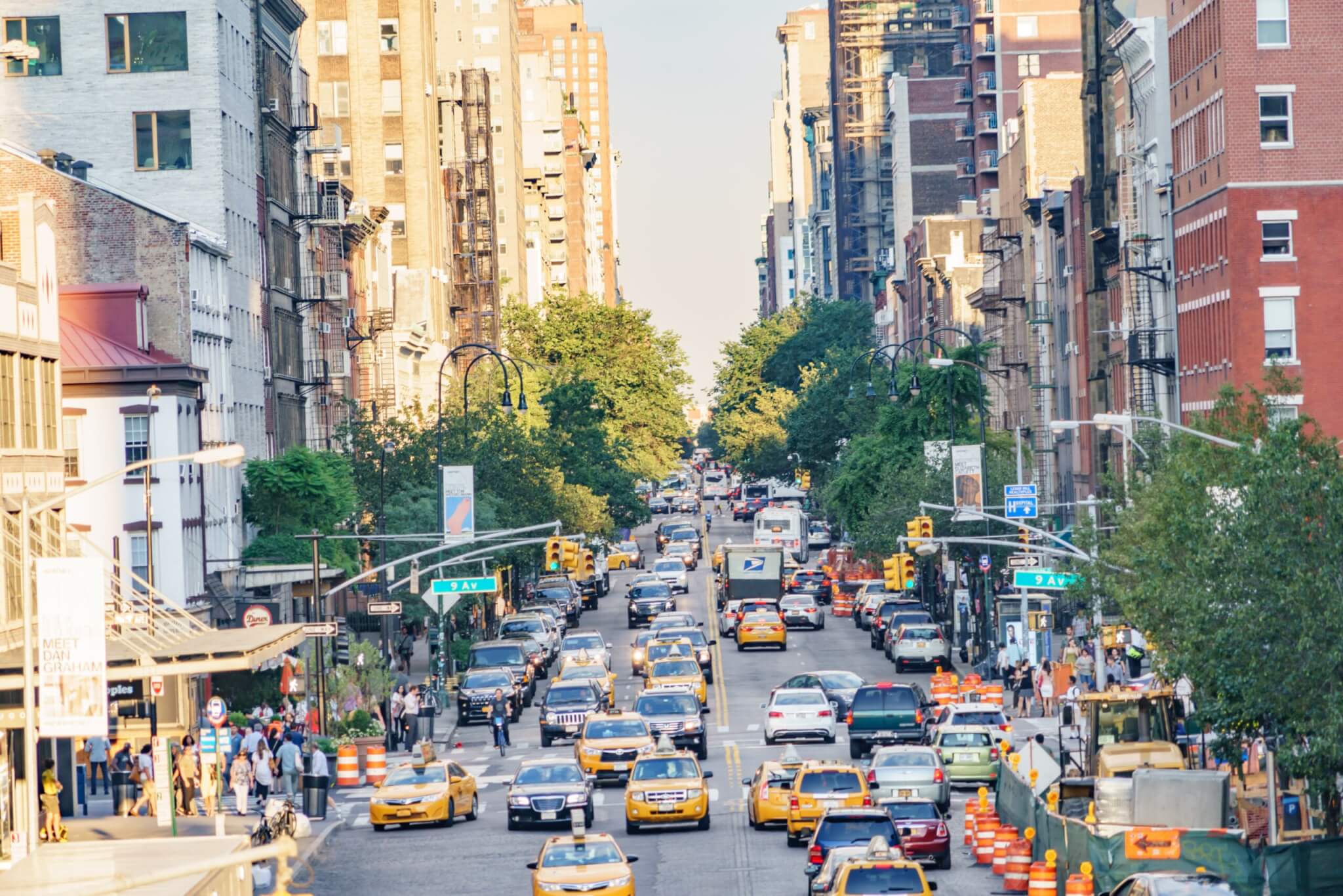BEIJING — Sitting in a traffic jam is enough to make many people’s blood pressure skyrocket. Now, new findings confirm just the very sounds of nearby cars and traffic are enough to spark a rise in blood pressure. Those who live within earshot of blaring sirens and honking cars during all hours of the day should take particular note of these findings.
While earlier work had already established a connection between noisy road traffic and increased risk of hypertension, strong evidence was lacking, and it was still largely unclear whether noise or air pollution played a larger role. This latest work confirms that exposure to road traffic noise specifically can elevate the risk of hypertension.
“We were a little surprised that the association between road traffic noise and hypertension was robust even after adjustment for air pollution,” says lead author Jing Huang, assistant professor in the Department of Occupational and Environmental Health Sciences at Peking University, in a media release.
Previous studies focusing on this issue were cross-sectional, meaning they showed that traffic noise and hypertension were associated, yet failed to establish a causal relationship. For this latest project, study authors put together a prospective study using UK Biobank data covering health outcomes over time.
Traffic noise and air pollution are a toxic combo
The analyzed dataset encompassed over 240,000 people (aged 40 to 69 years) who started out without hypertension. Then, road traffic noise was estimated according to provided residential addresses and the Common Noise Assessment Method, a European modeling tool.

Next, using follow-up data spanning about eight years, study authors ascertained how many people developed hypertension. Besides just discovering that people who live near road traffic were more likely to have high blood pressure, they also noted that risk steadily increased in tandem with the noise “dose.”
These observed associations held up even after researchers accounted for exposure to fine particles and nitrogen dioxide. That being said, people who had lots of exposure to both traffic noise and air pollution displayed the highest hypertension risk, suggesting that air pollution is involved as well.
“Road traffic noise and traffic-related air pollution coexist around us,” Prof. Huang adds. “It is essential to explore the independent effects of road traffic noise, rather than the total environment.”
Study authors say this work can help inform public health measures thanks to the confirmation that exposure to road traffic noise is indeed harmful to blood pressure. New policies could help alleviate the adverse impacts of road traffic noise. Examples include setting stricter noise guidelines and enforcement measures, improving road conditions and urban design, and investing in advanced technology for quieter vehicles.
“To date, this is the first large-sized prospective study directly addressing the effect of road traffic noise on the incidence of newly-diagnosed hypertension,” concludes Jiandong Zhang, cardiovascular disease fellow in the division of cardiology at the University of North Carolina at Chapel Hill, and author of the accompanying editorial comment. “The data demonstrated in this article provides a higher quality of evidence to justify the potential to modify road traffic noise and air pollution from both individual and societal levels in improving cardiovascular health.”
The study is published in JACC Advances.
